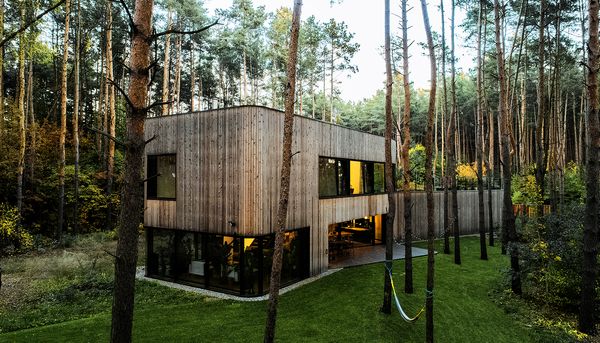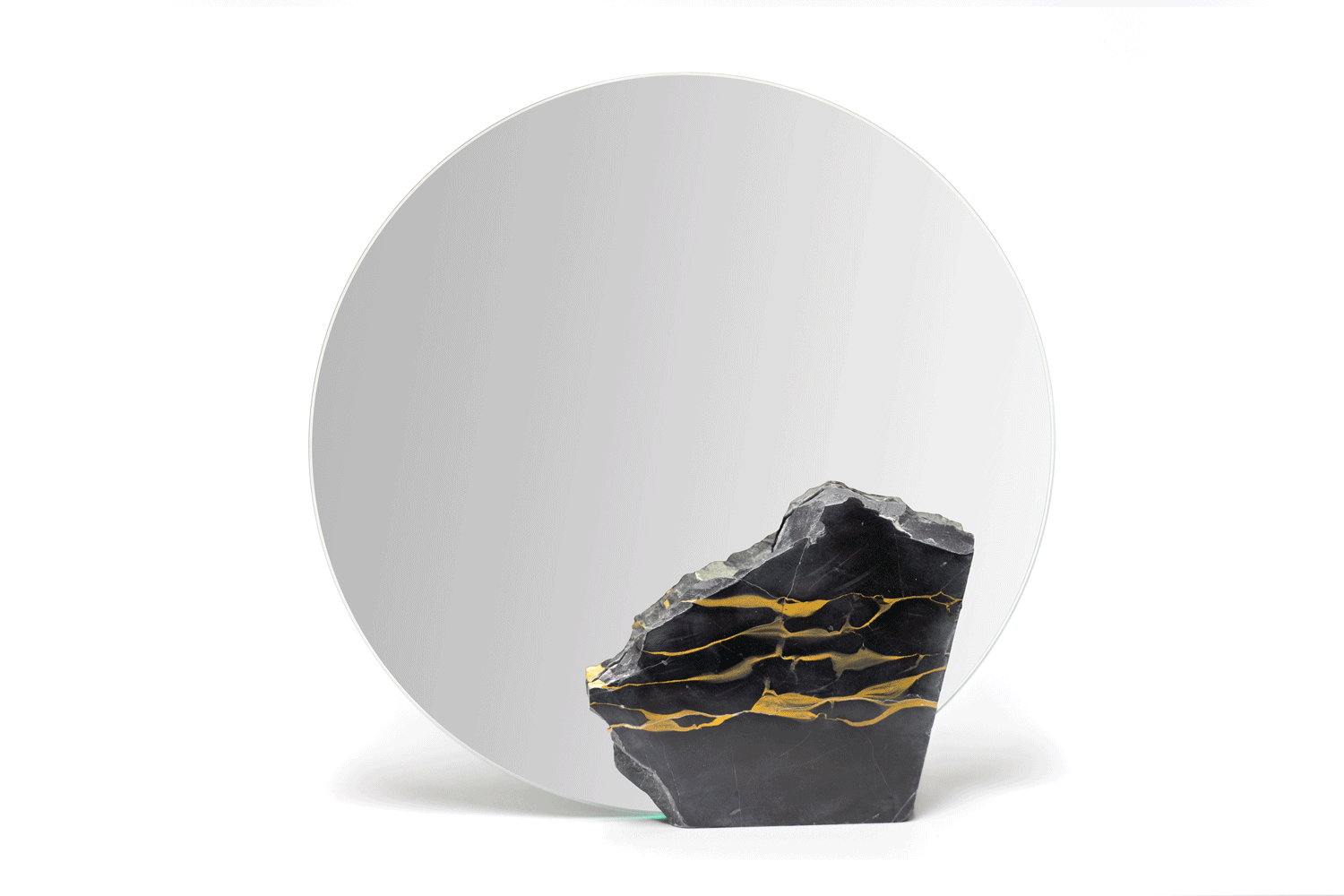In parallel to the concept of the “new normal”, the notion of the “new creative” is also underway, and we found a design collective in London that’s the perfect prototype of the latter. GoodWaste takes the faults of the leftover materials as their starting point when designing their unique furniture, thus not only maximizing but also reinventing the creative processes.
For those who are not a fan of minimalism but still would like to be responsible consumers, recycling – perhaps the word has been worn out a little, but here we mean it in the most literal sense possible – initiatives like London-based GoodWaste could be the answer. The studio was founded by Ambra Dentella, Ewan Alston and Rafael Muldal el Baz, all former design students of the Royal College of Art. It was during a school project that the designers realized how much great material manufacturers throw out as waste simply because they don’t need that specific size or shape for manufacturing their pieces.
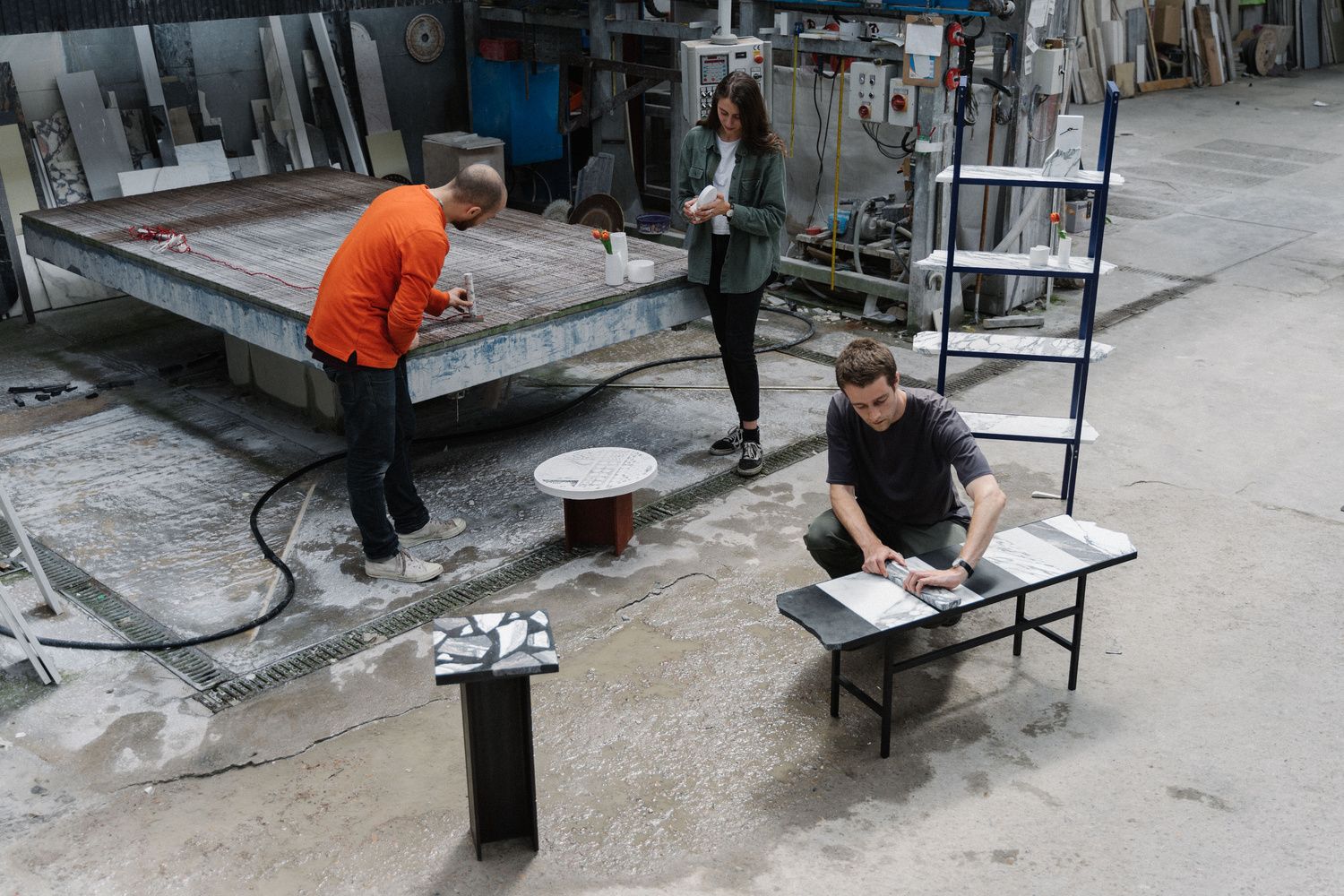
The basic idea of their studio is to reverse the design process: they take the material first, for example a gorgeous but faulty piece of marble, concrete or other high quality stone, and then they start thinking about what it could be used for. The great challenge of the project is therefore that it builds on faults, and imperfections – and this is something we are really not used to in our fundamentally perfectionist, error-intolerant and single-use culture.
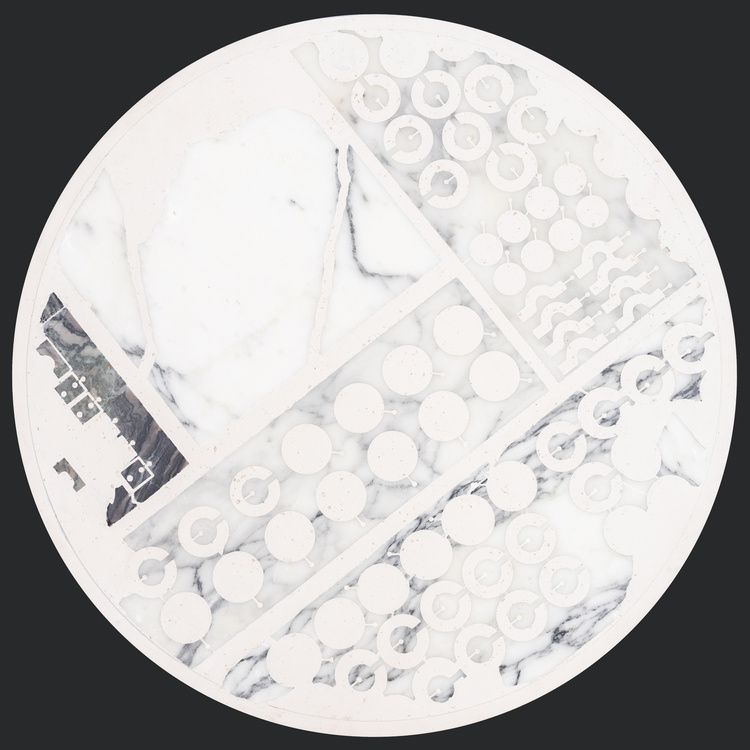
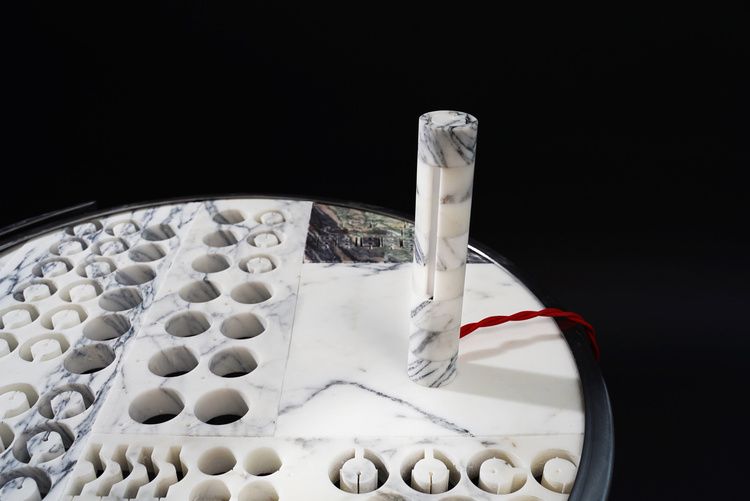
According to Ewan Alston, one of the founders, this cannot only be a factor making things hard, but something making things better too. “We enjoy the challenge of figuring out the most interesting ways of working with just one material, and with local production methods. It forces us to be more creative, as we can’t just default to the “normal” means of designing or producing” – says Alston, also pointing to the fact that their products are not only using recycled materials, but are made locally, too.
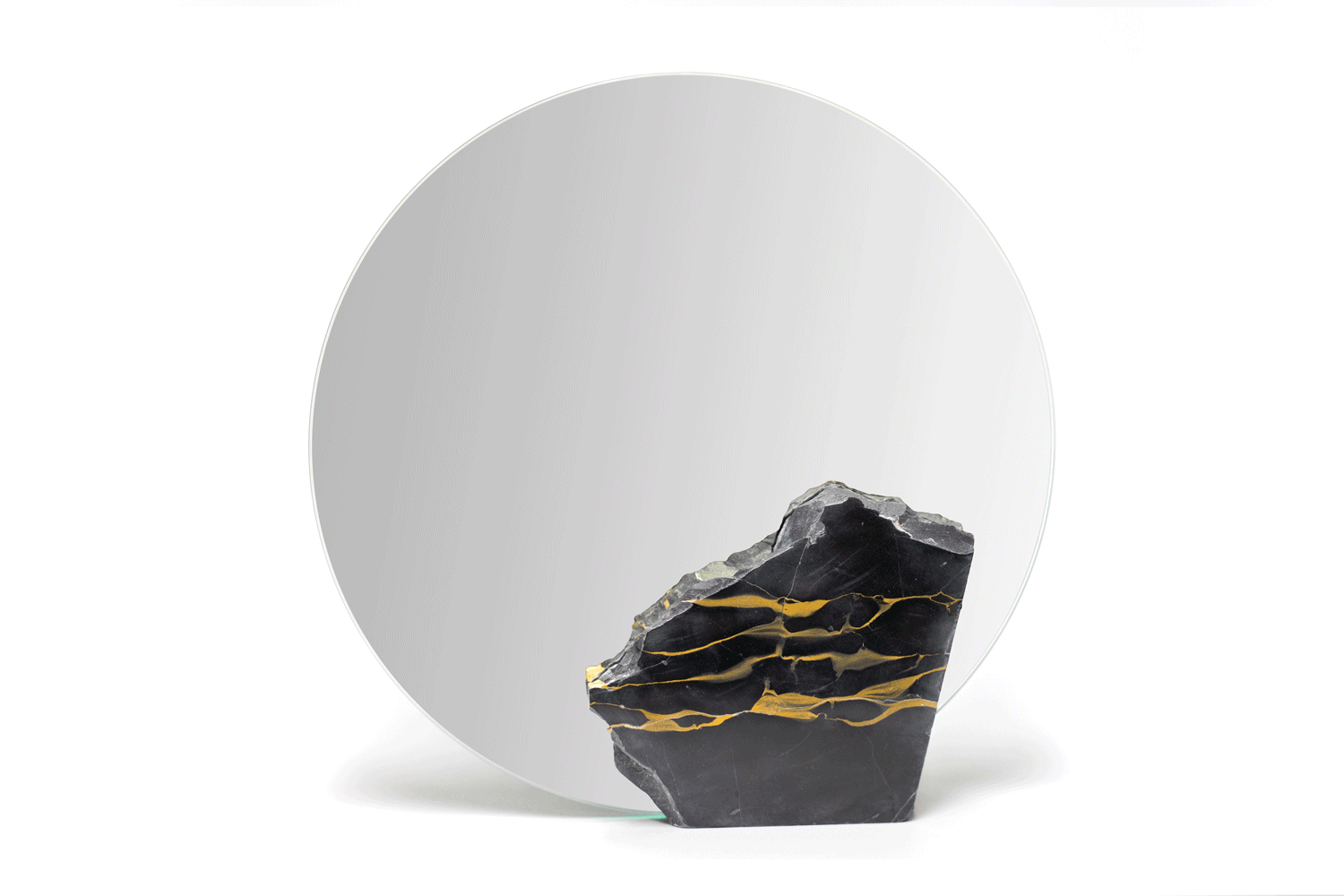
The products of GoodWaste, which, by the way, could live up to any high-end design brand, also caught the attention of London-based department store Selfridges: in October 2020, they already showcased the second collection of GoodWaste.
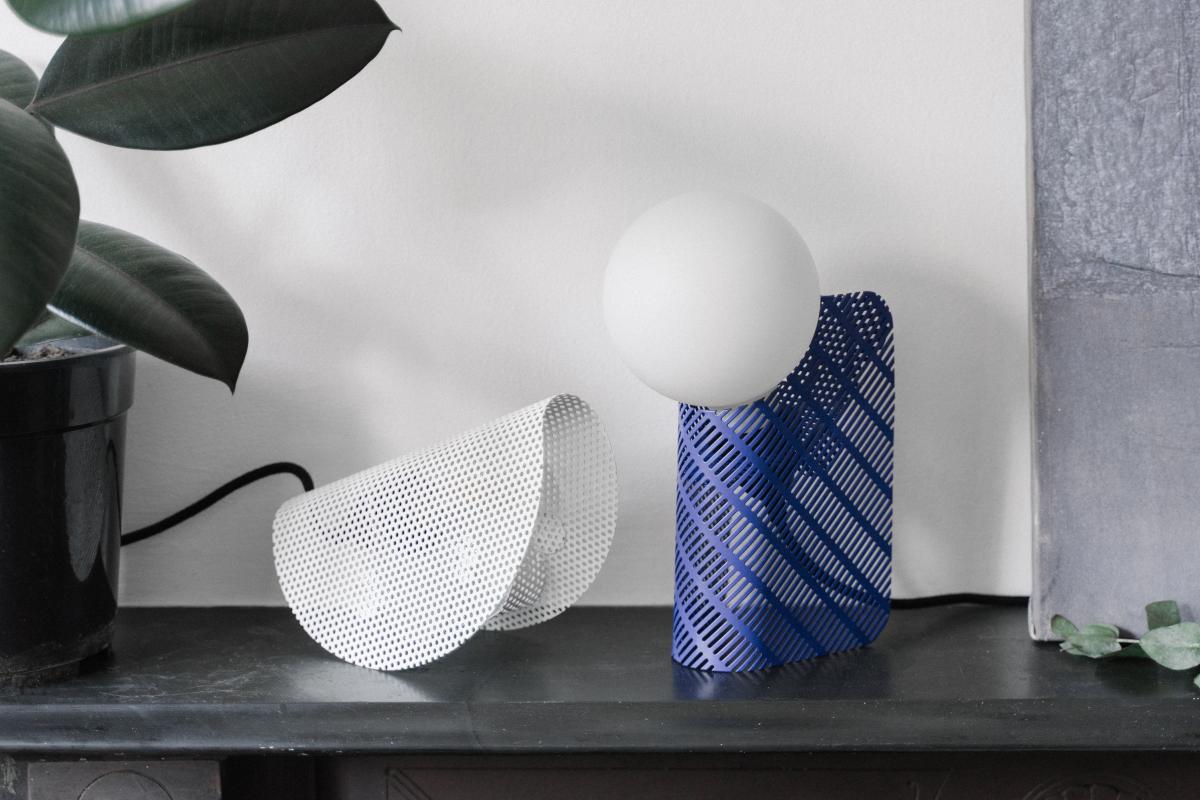

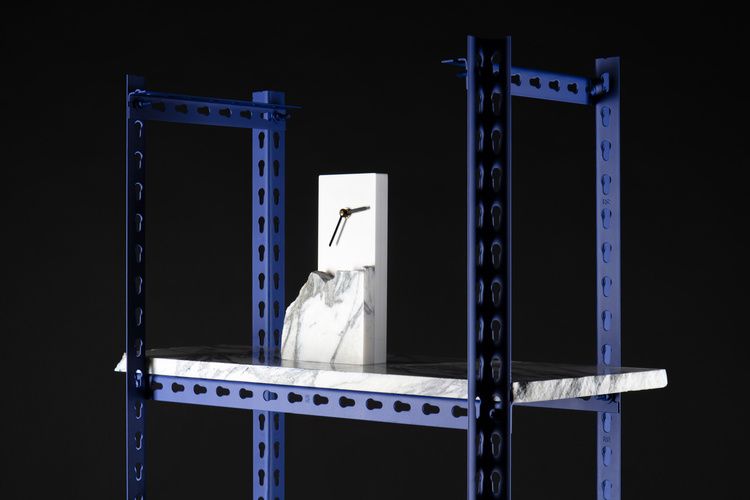
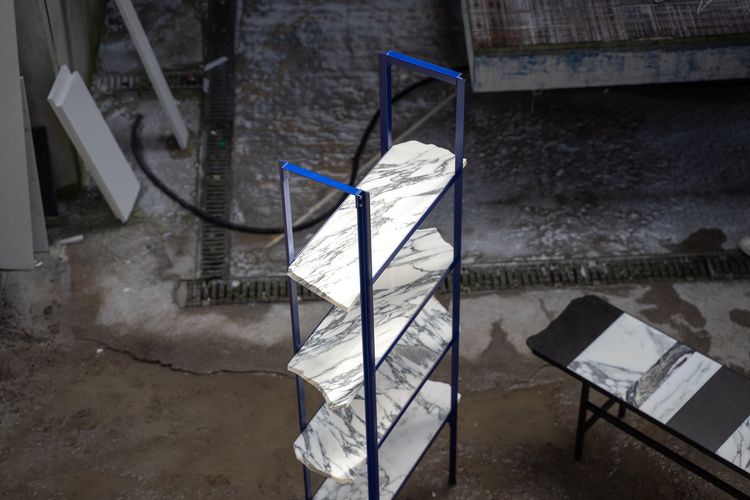
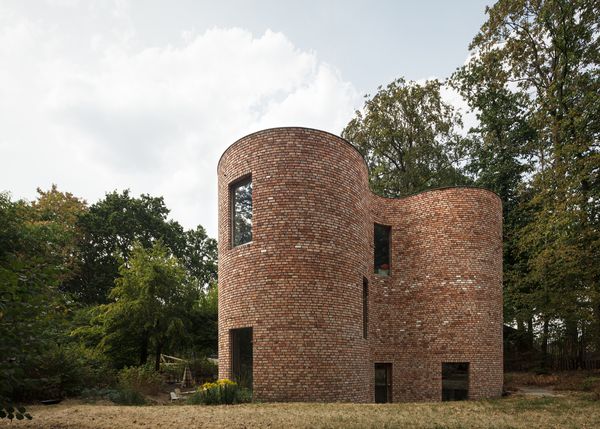
Harmony of shell shape and brick | BLAF Architecten
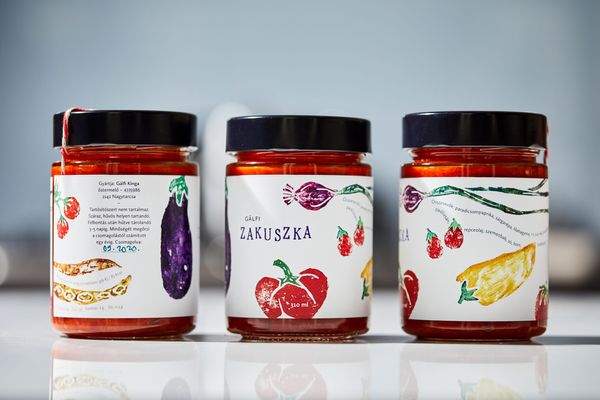
„It’s like a feast!” | Gálfi zakuszka
